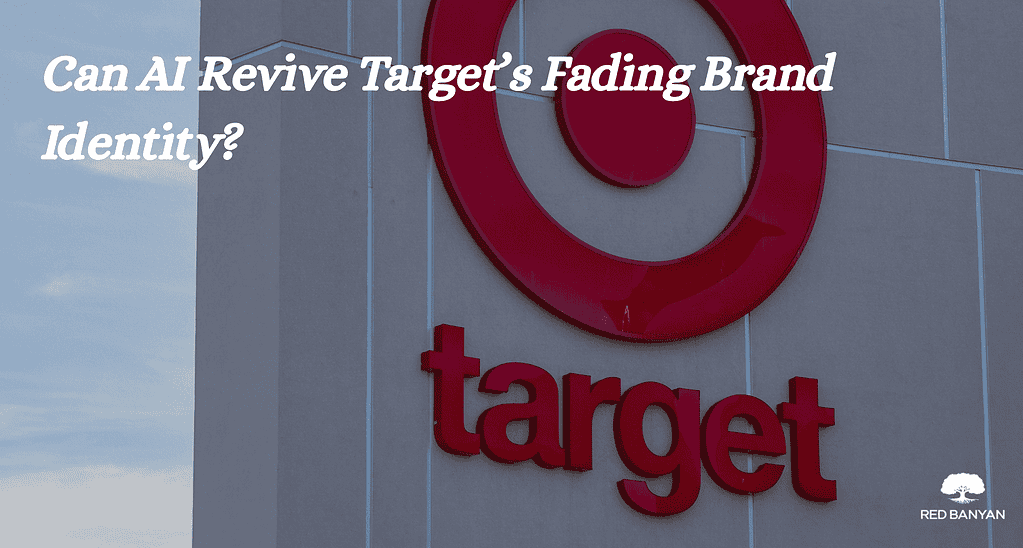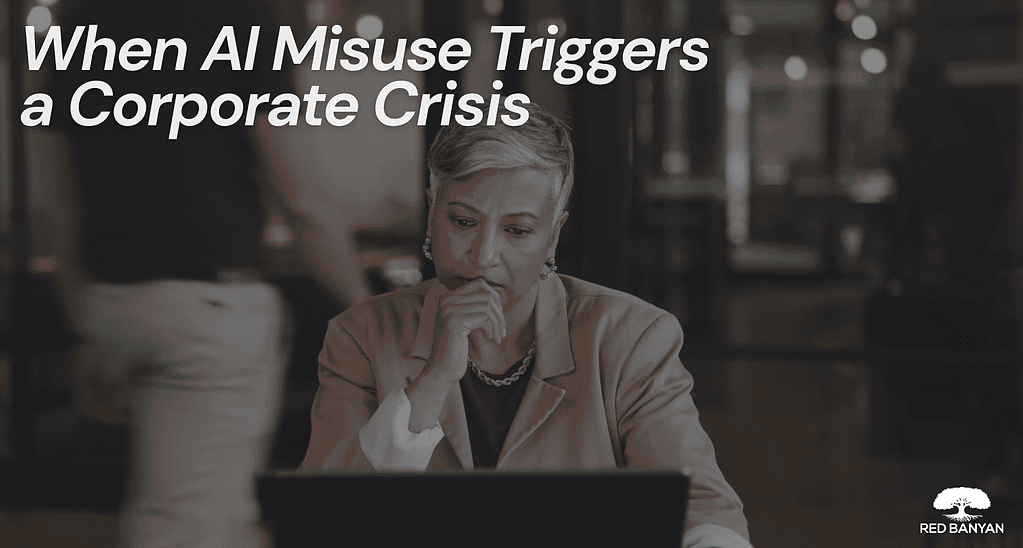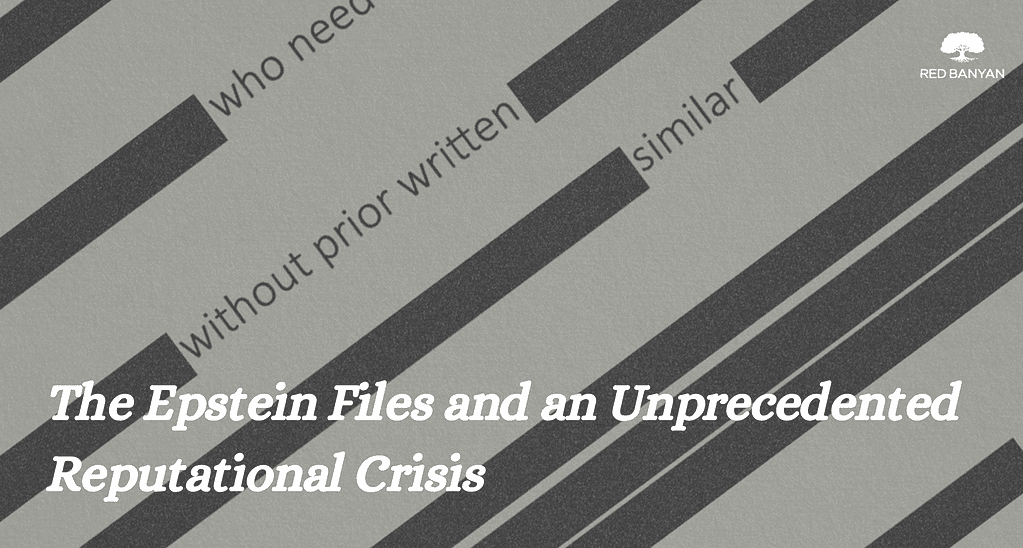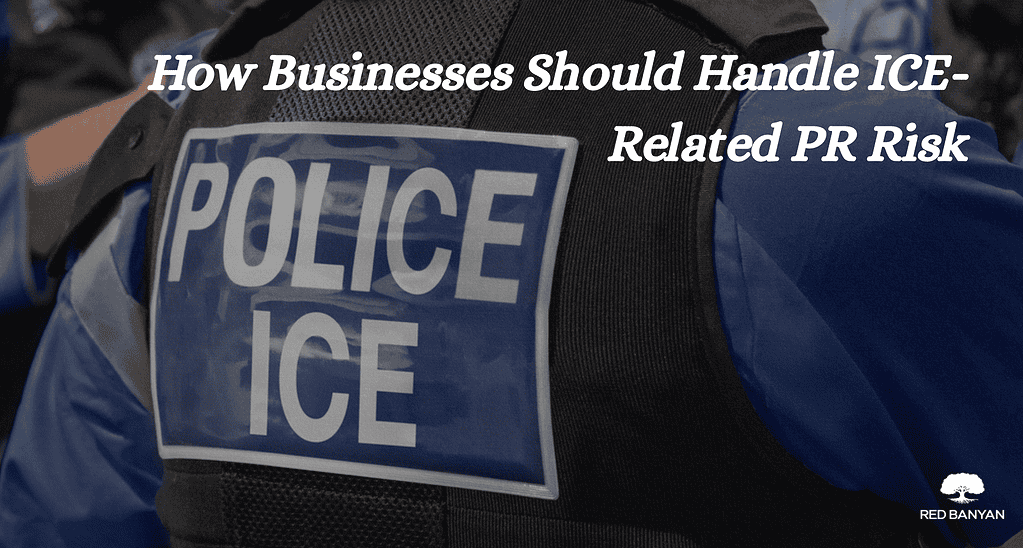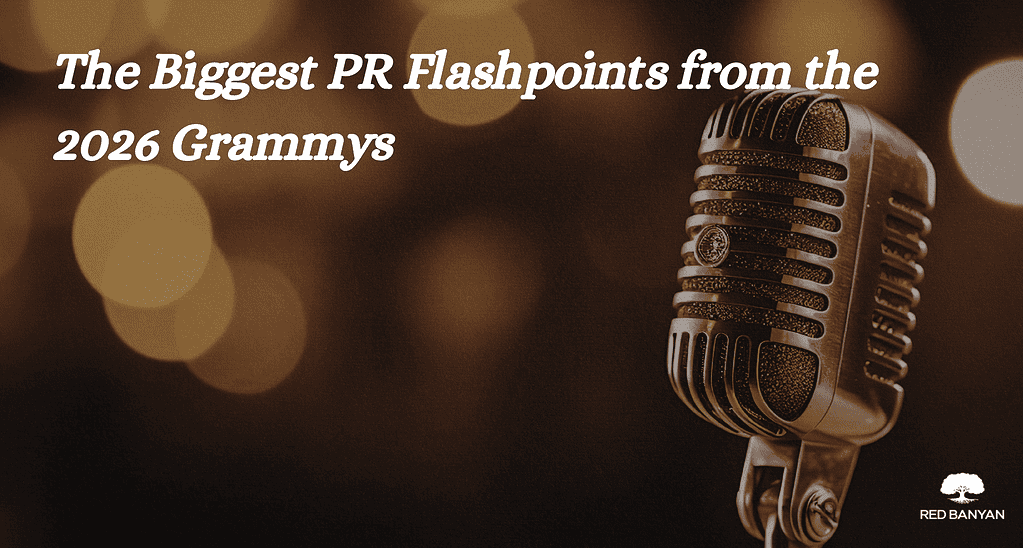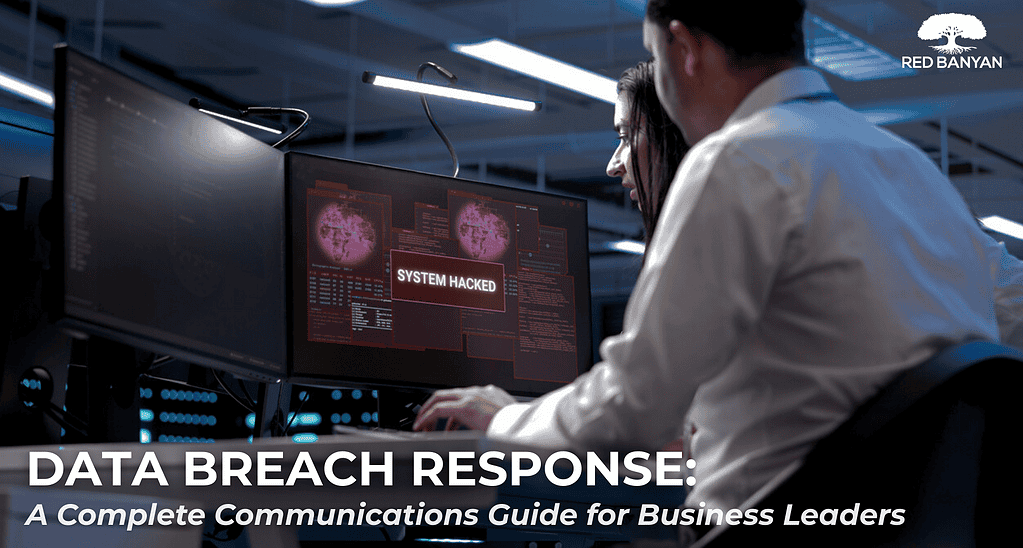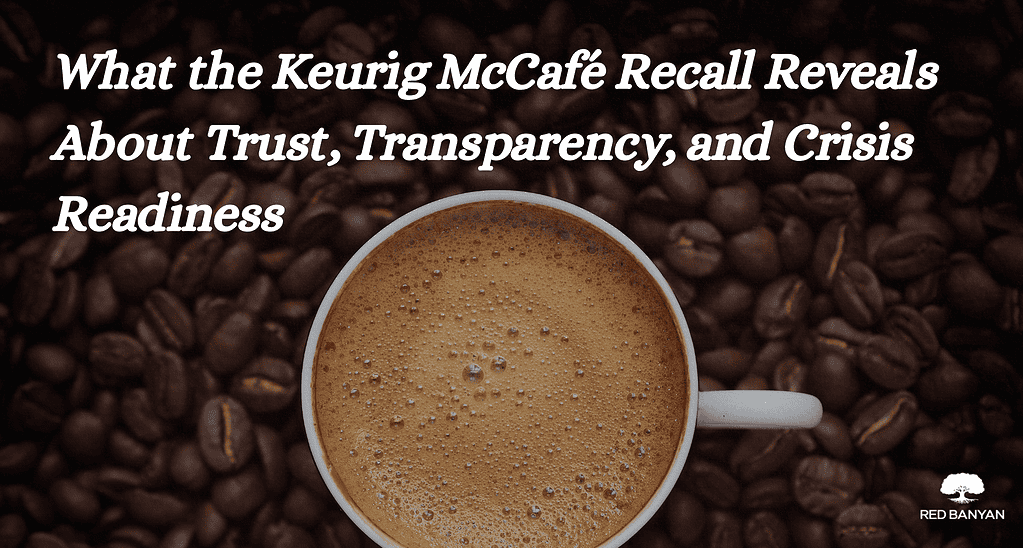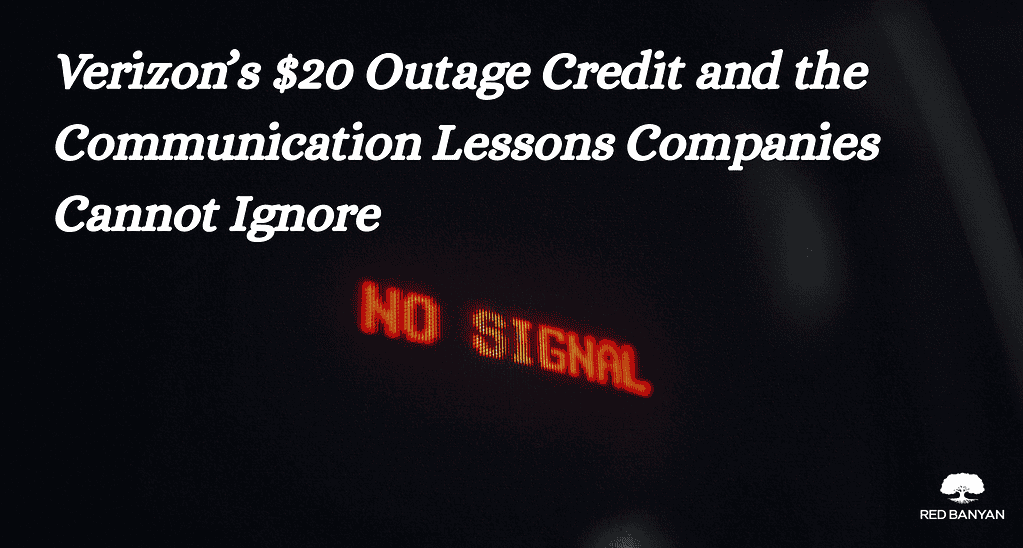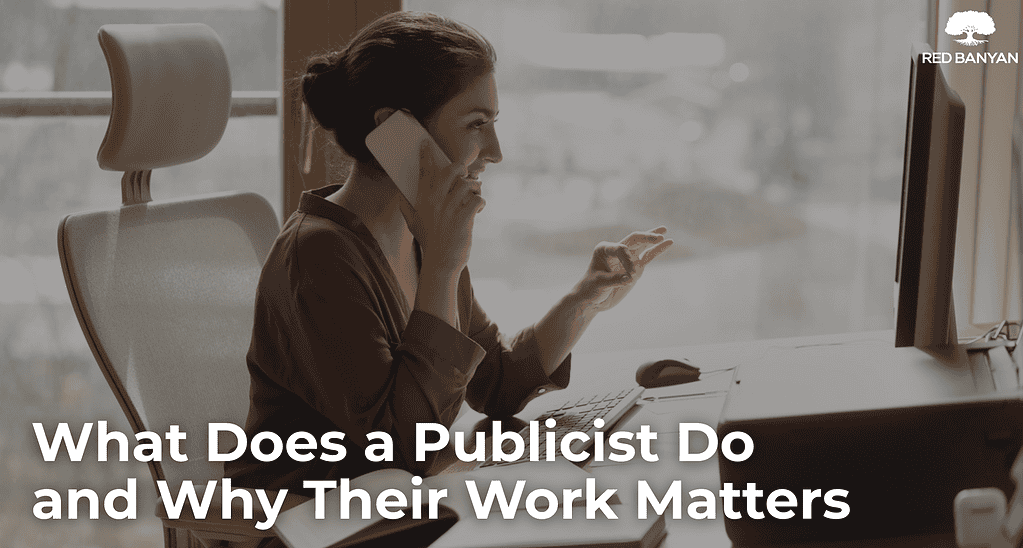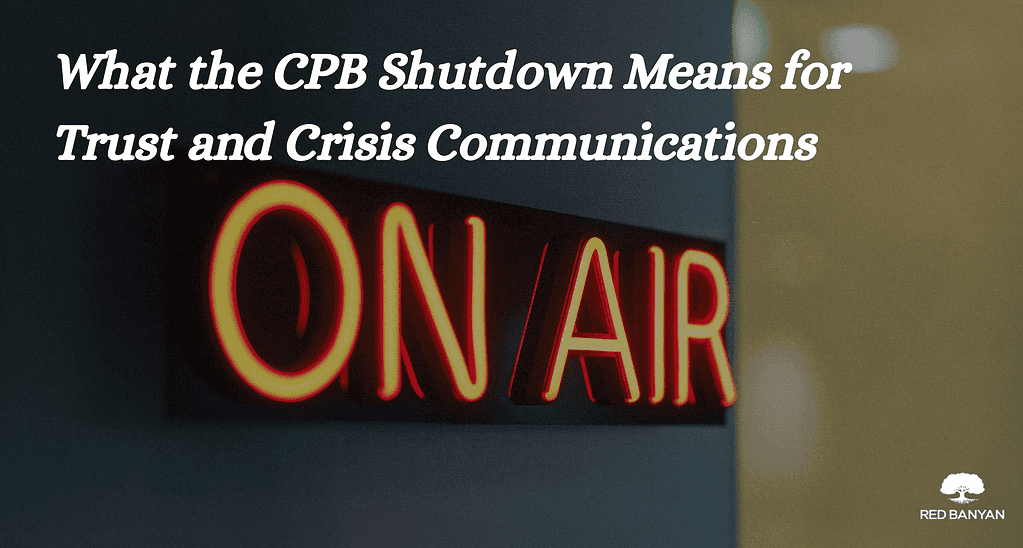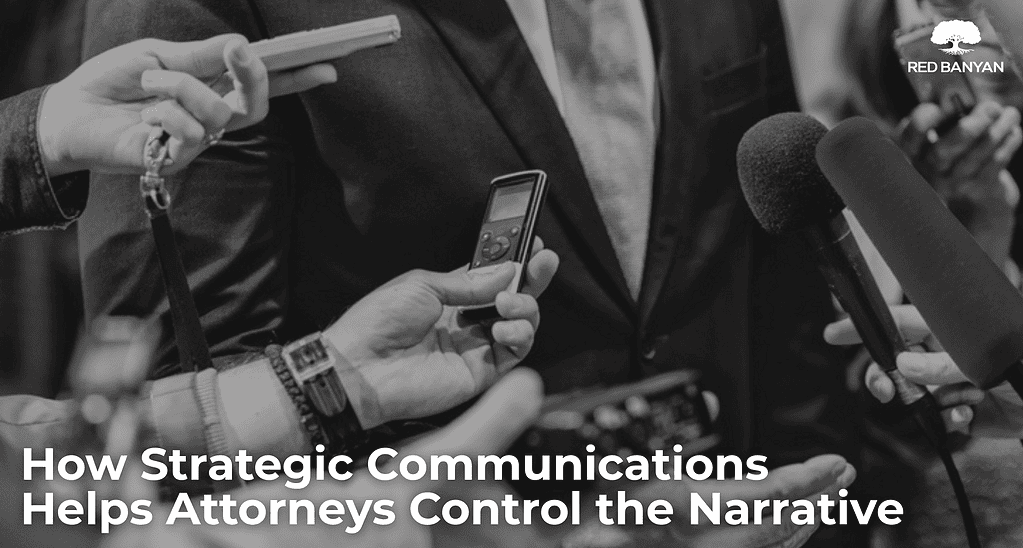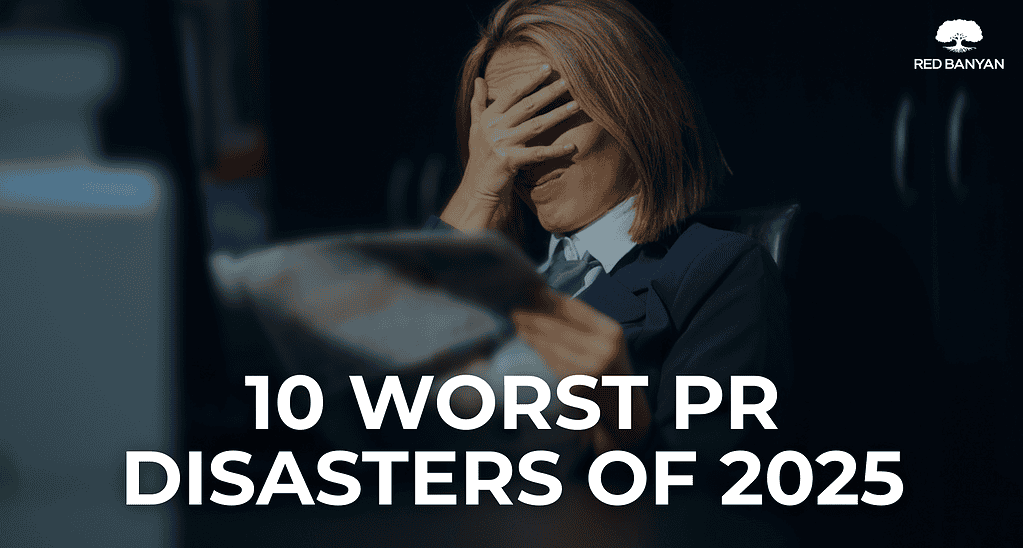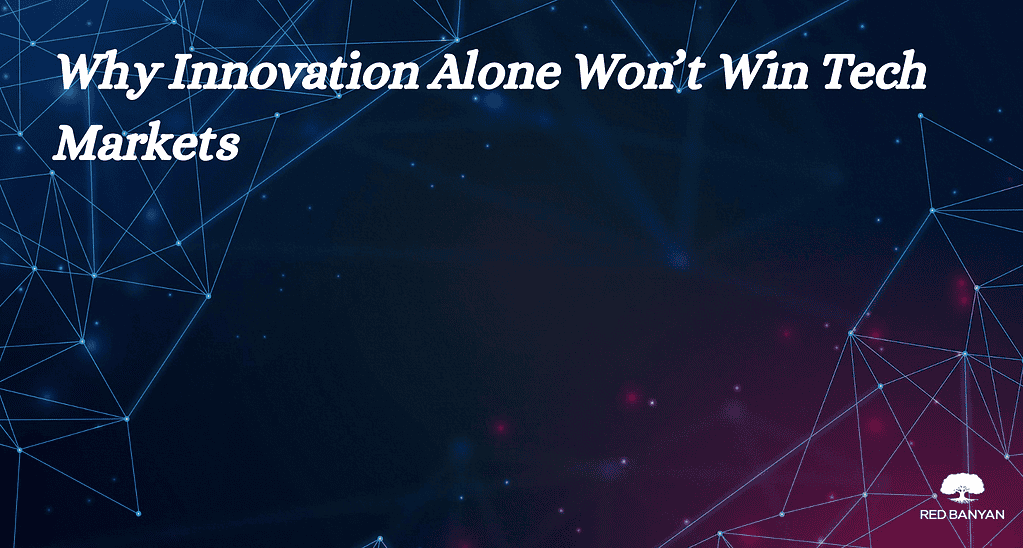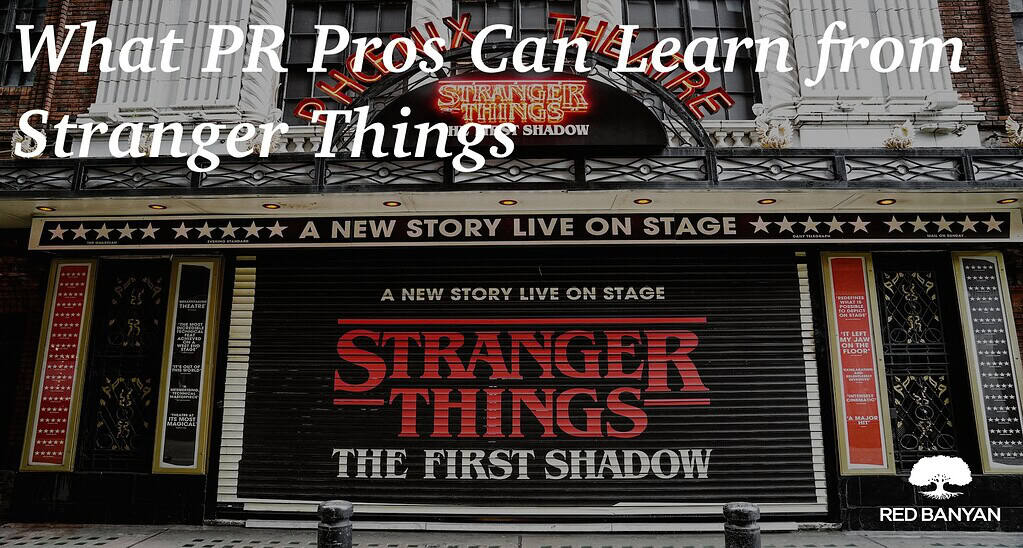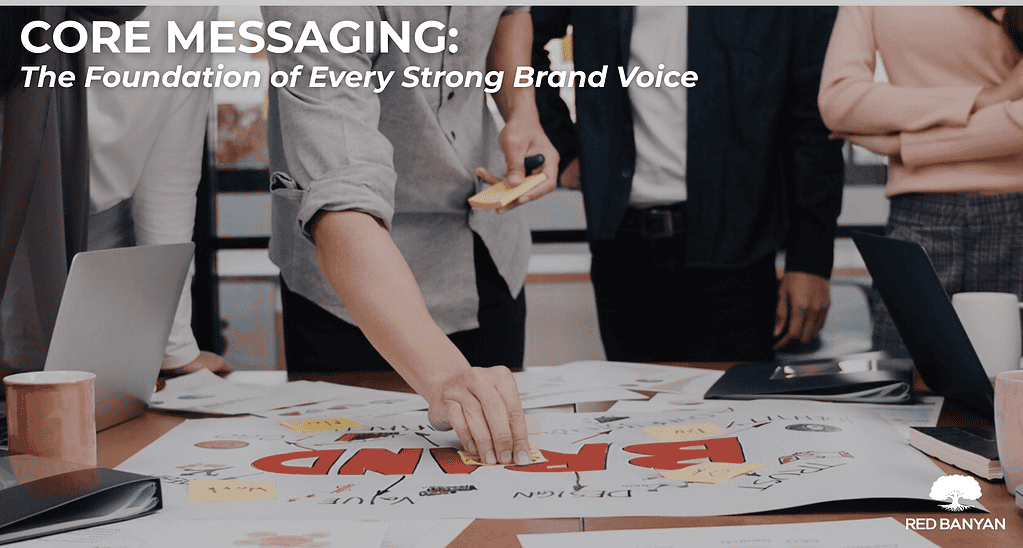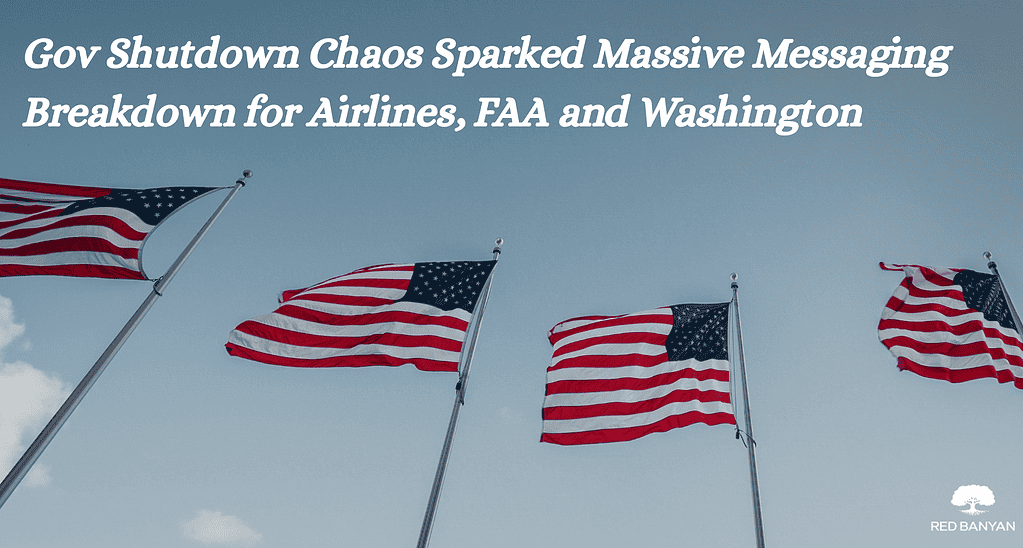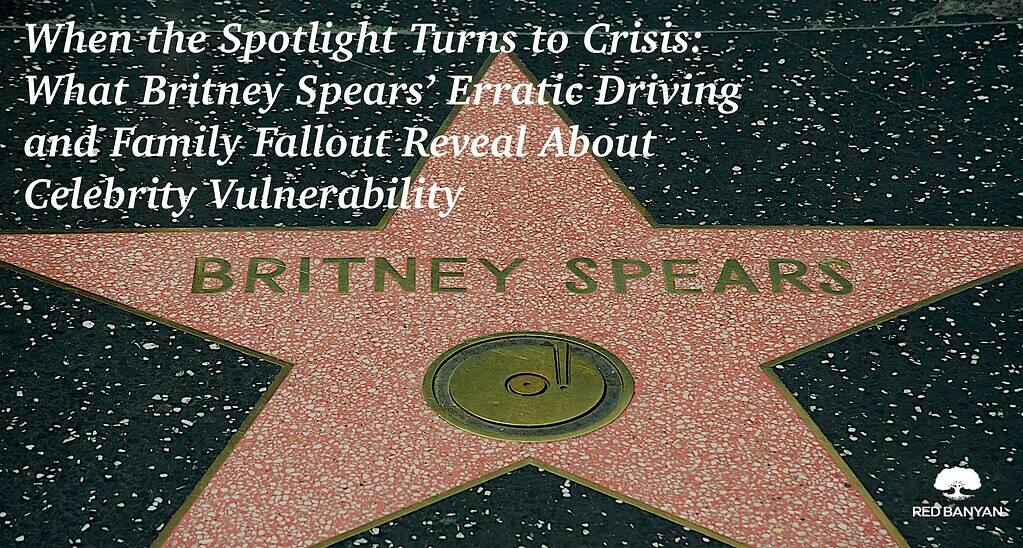Target’s Struggles: A Brand Identity Crisis
Target has long been synonymous with stylish, affordable products that appeal to a wide variety of shoppers. For years, the brand has prided itself on offering trendy items at a reasonable price, making it a go-to for consumers looking for both style and savings. However, over the past couple of years, Target’s position in the retail market has started to slip. Sales have stagnated, the share price has plunged by 35%, and loyal customers are increasingly flocking to discount competitors like Walmart and Dollar General. In short, Target’s once-reliable appeal to “value plus style” now feels like it’s struggling to meet today’s consumer expectations.
Declining Sales and Changing Consumer Behavior
The numbers tell the story: Target has faced a 19% drop in profits, and its same-store sales have been in decline. While it has tried to keep up with changing consumer preferences by launching promotions and discount initiatives, these efforts have not been enough to reverse the trend. The reality is that consumers are tightening their belts. With inflation continuing to pressure budgets, more and more shoppers are choosing value-oriented retailers who focus on the lowest price, rather than the combination of price and style Target used to offer. Shoppers are now more focused on value-driven marketplace principles, looking for products that meet their immediate needs at affordable prices.
AI to the Rescue?
So, how does Target plan to revitalize its brand amid this downturn? Enter artificial intelligence. Recently, Target announced a partnership with ChatGPT, the AI that has taken the world by storm. Through this collaboration, Target is now integrating its product catalog into ChatGPT, allowing customers to shop directly within the AI interface. This means that instead of just asking ChatGPT for information, users can now get product recommendations and make purchases seamlessly through the app.
Target hopes this move will position it at the forefront of AI-powered retail solutions, tapping into the growing trend of AI-driven shopping experiences. The timing of the partnership is no coincidence, it’s aimed at driving holiday sales and attracting younger, tech-savvy consumers who are increasingly comfortable with AI.
Will AI Really Fix the Core Issues?
While the partnership with ChatGPT sounds promising, it raises an important question: Is AI really the solution to Target’s deeper brand identity issues? Sure, AI might make shopping more convenient, but can it solve the fundamental problems that Target is facing, namely, a brand that no longer feels aligned with its consumers’ changing values and expectations?
AI might appeal to younger generations, especially Gen Z, who are already comfortable with tech-driven shopping experiences. A recent survey revealed that nearly half of Gen Z would trust an AI to help pick out products for them. But will integrating AI into the shopping experience be enough to reignite the brand’s relevance, or is it just a shiny new tool that distracts from a much bigger problem?
The Disconnect Between Brand and Consumer
Target’s struggles aren’t just about technology. The retailer’s brand identity has become misaligned with the evolving consumer mindset. Today’s shoppers are looking for more than just affordable products, they want brands that reflect their personal values. Unfortunately, Target’s recent rollback of diversity and inclusion initiatives has created a backlash, particularly among more socially-conscious consumers. When a brand like Target, which once positioned itself as progressive and inclusive, shifts away from those principles, it risks alienating the very audience that helped build its reputation.
A New Shopper Mindset
At the same time, the economic reality is that consumers are more price-conscious than ever. In a world where every dollar counts, shoppers are more likely to choose brands that deliver no-frills value rather than those that blend affordability with style. Target’s competitors have adjusted to this shift by offering rock-bottom prices, without the expectation of fashion-forward products. Target, meanwhile, is still trying to balance its value proposition with trendy designs, but the equation doesn’t add up the way it once did.
AI alone won’t fix this. While it might streamline the shopping experience and offer convenience, it doesn’t address the root issue: Target’s brand promise feels outdated. Customers still want to feel like their shopping choices reflect their personal values, especially when times are tough. That’s why technology, no matter how innovative, can’t fully replace the need for Target to reassess its identity and adapt its offerings to the modern consumer behavior trends.
The Need for a Comprehensive Brand Revitalization
Target needs more than just an AI upgrade to get back on track. It needs to realign its brand identity with the current consumer mindset. It needs to ask itself: What does Target stand for today? Is it still the go-to destination for stylish yet affordable products, or has the brand evolved into something that no longer resonates with shoppers?
AI can play a role in the future of shopping, but it must be part of a larger, more holistic strategy. A strategy that focuses not just on convenience but on reconnection, reconnecting with the values of the brand’s loyal customers and finding new ways to engage them in a value-driven marketplace.
At the end of the day, the question remains: Can AI save Target? It’s possible, but it’s not a silver bullet. The ChatGPT partnership is a step in the right direction, and it could attract a new generation of tech-savvy consumers. But without addressing the deeper issues of pricing, brand identity, and consumer trust, no amount of AI can fix Target’s core struggles.
AI may be a tool for the future, but it can’t replace the need for Target to adapt its brand identity to meet the needs of today’s shoppers. In the long run, it’s not just about AI-driven shopping experiences, it’s about redefining what Target stands for and aligning its brand with the values that matter most to consumers right now. Without this, AI may simply be another trendy feature that doesn’t go far enough to rescue the brand from its identity crisis.
PR agencies like Red Banyan specialize in helping brands navigate identity crises and consumer backlash, using expert crisis management strategies to realign messaging and rebuild trust, essential for Target as it works to reinvent its brand.

